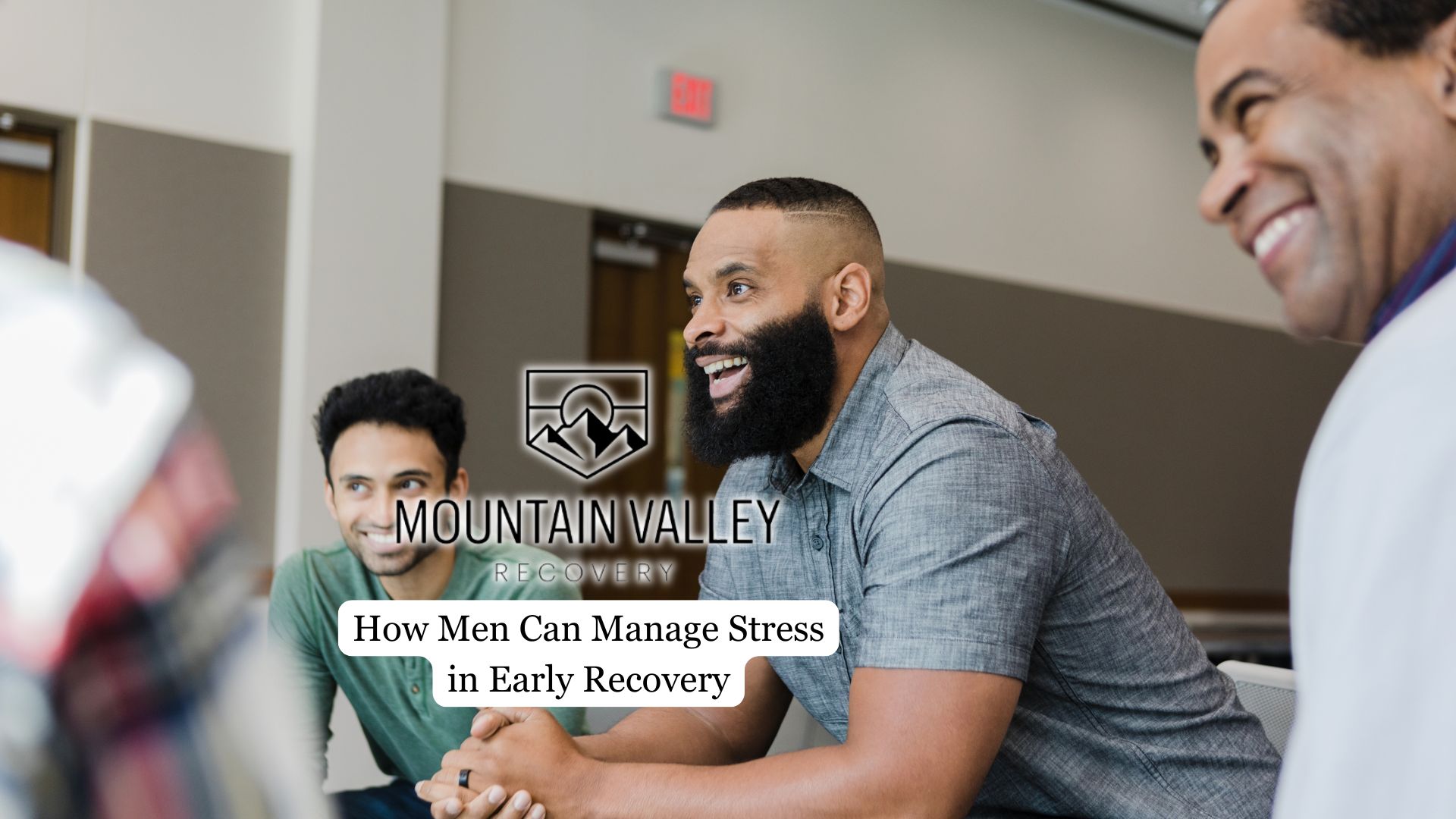If you have ever struggled to express your feelings in words, experiential therapy offers a unique path to healing. Experiential therapy is a dynamic and immersive approach to healing that goes beyond traditional talk therapy by engaging clients in active, often creative, or physical experiences.
This article explores how experiential therapy works, outlining its core principles, the therapist’s role, standard techniques, its application in addiction treatment, benefits, and who can gain from it.
Core Principles of Experiential Therapy
Experiential therapy is grounded in the idea that true healing and change occur through direct, authentic experiences rather than solely through verbal discussion. One of its core principles is genuine emotional engagement.
You can participate in activities that evoke genuine emotions, enabling you to access and process feelings that may be difficult to articulate verbally. This inside-out processing fosters deeper emotional understanding and healing.
Experiential therapy targets the implicit memory system—the part of your brain that stores emotional and sensory memories—by creating embodied experiences. This helps you reprocess old emotional learnings that influence your current behaviors and feelings, often outside conscious awareness.
Unlike traditional cognitive therapies that focus on your thoughts, experiential therapy involves the whole person, including bodily sensations, emotions, and sensory experiences. This holistic engagement supports brain integration and emotional regulation.
The Role of the Therapist
Experiential therapy comes alive through the skill and presence of the therapist, who guides you beyond conversation and into meaningful action. Your therapist acts as a steady guide, creating a safe, supportive environment where you’re encouraged to participate in expressive activities actively.
In experiential therapy, therapists ensure that you feel safe to engage in activities that are often vulnerable and emotionally charged, allowing you to do so thoroughly and openly. They facilitate experiences by designing or selecting appropriate experiential activities tailored to your needs, such as role-playing, art creation, or physical challenges.
While you engage in activities, therapists observe behaviors, emotional responses, and bodily sensations to provide feedback and help you make connections between your experiences and internal states.
After experiential activities, therapists help you process what arose during the experience, encouraging reflection on emotions, thoughts, and bodily sensations to foster insight and change. They enable you to apply what you learn in sessions to your daily life.
Common Experiential Therapy Techniques
Experiential therapy encompasses a broad range of techniques that engage you actively and creatively:
- Drama therapy/psychodrama: You reenact past conflicts or create fictional scenarios to explore emotions and behaviors in a safe setting. This helps release suppressed emotions and gain new perspectives.
- Art therapy: Using painting, sculpting, drawing, or music, you express emotions nonverbally, accessing subconscious thoughts and feelings.
- Somatic experiencing: Focuses on tracking bodily sensations to process trauma and regulate the nervous system.
- Internal Family Systems (IFS): Involves dialoguing with different parts of yourself to foster self-compassion and emotional healing.
- Role-playing and role-reversal: You act out scenarios or switch roles to develop empathy, communication skills, and alternative coping strategies.
- Adventure and wilderness therapy: Outdoor activities, such as hiking or rock climbing, build trust, resilience, and teamwork while mirroring personal challenges.
- Mindfulness and breathwork: Cultivate present-moment awareness and self-regulation skills through body-centered practices.
- Equine-Assisted Therapy: Interaction with horses helps build trust, emotional awareness, and regulation

How Experiential Therapy Works in Addiction Treatment
Experiential therapy in addiction treatment emphasizes direct experience over mere explanation so you can confront and reframe the issues driving substance use. Activities such as psychodrama or outdoor adventures allow you to access unconscious feelings, fostering insight and motivation for recovery. It addresses emotional and behavioral patterns that may be difficult to access through talk therapy alone.
Experiential activities help you confront and express emotions related to trauma, shame, or anger that often underlie substance use. Physical and creative challenges foster resilience, self-efficacy, and healthier ways to manage stress and cravings. Role-playing and group experiential activities improve interpersonal communication and relationship-building, which are critical for sustained recovery.
If you struggle with traditional therapy formats, experiential methods provide alternative pathways to healing. This therapy can be integrated with other treatments: Experiential therapy complements withdrawal management and behavioral therapies by addressing emotional and somatic dimensions of addiction recovery.
Benefits of Experiential Therapy
Experiential therapy activities offer a dynamic and transformative approach to addiction recovery by engaging you in hands-on experiences that go beyond traditional talk therapy. These activities—ranging from art and music therapy to adventure-based and role-playing exercises—allow you to explore your emotions, confront past traumas, and develop healthy coping strategies in a safe and supportive environment.
This approach also fosters essential life skills such as emotional regulation, communication, and teamwork, which are vital for building resilience and maintaining sobriety. Additionally, overcoming challenges in these activities boosts self-esteem and confidence, empowering individuals to recognize their strengths and develop a positive self-image.
Ultimately, experiential therapy activities help create lasting change by fostering personal growth, strengthening relationships, and equipping individuals with practical tools for sustained recovery. It boosts motivation and your commitment to the healing process.
Who Can Benefit from Experiential Therapy?
Experiential therapy is versatile and can benefit a wide range of individuals, including:
- People with trauma: Helps process and integrate traumatic memories safely.
- Individuals with substance use disorders: Supports emotional healing and relapse prevention.
- Those struggling with emotional regulation: Provides tools to manage anger, shame, or anxiety.
- Clients resistant to talk therapy: Offers alternative ways to engage in treatment through action and creativity.
- Adolescents and young adults: Adventure and wilderness therapy are particularly effective for younger populations.
- People seeking personal growth: Enhances self-awareness, creativity, and interpersonal skills.
- Those with behavioral or mood disorders: Complements traditional treatments by addressing emotional and somatic aspects
Final Thoughts from Mountain Valley Recovery
Experiential therapy invites you to step beyond traditional talk therapy and engage with your emotions in a hands-on way. At Mountain Valley Recovery, our Residential Treatment Program assists men seeking comprehensive addiction treatment in a serene, supportive environment. Our unique approach combines evidence-based therapies with experiential learning on a fully operational ranch. This distinctive setting allows residents to develop practical life skills, self-reliance, and resilience while addressing the root causes of their addiction..





